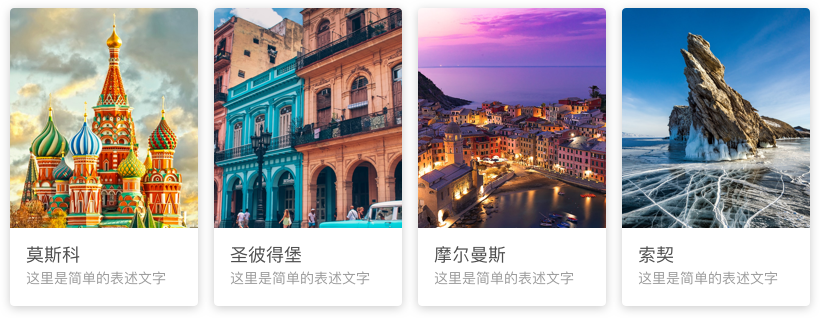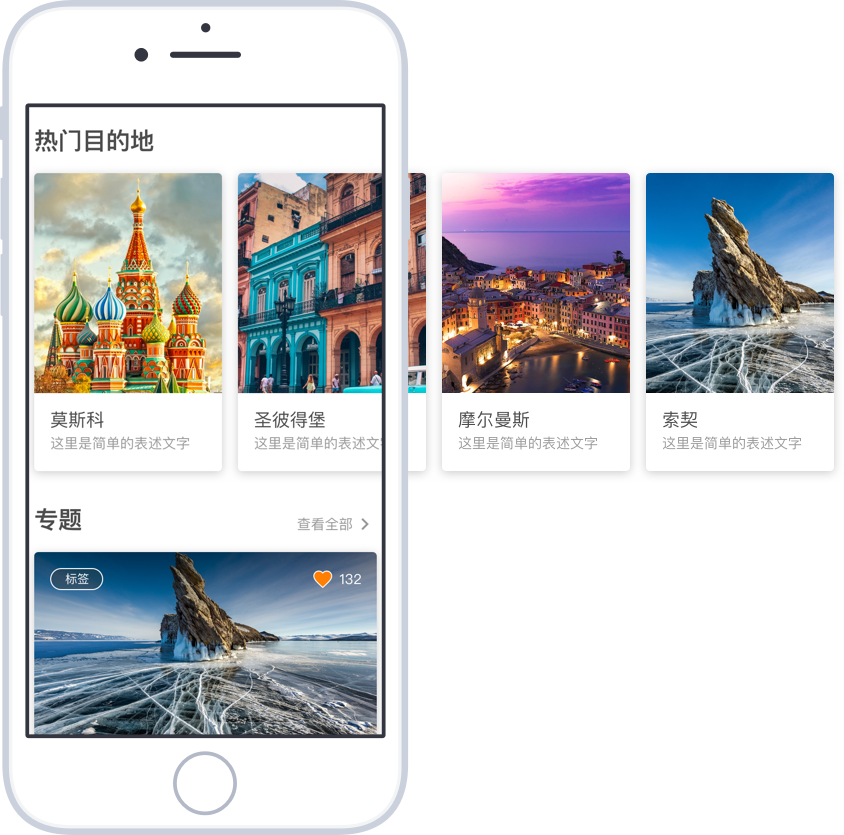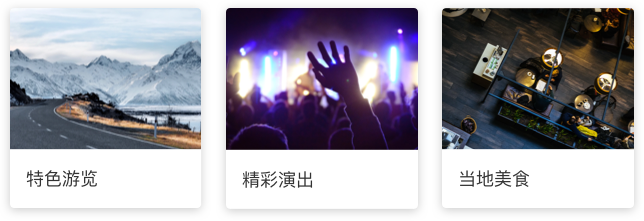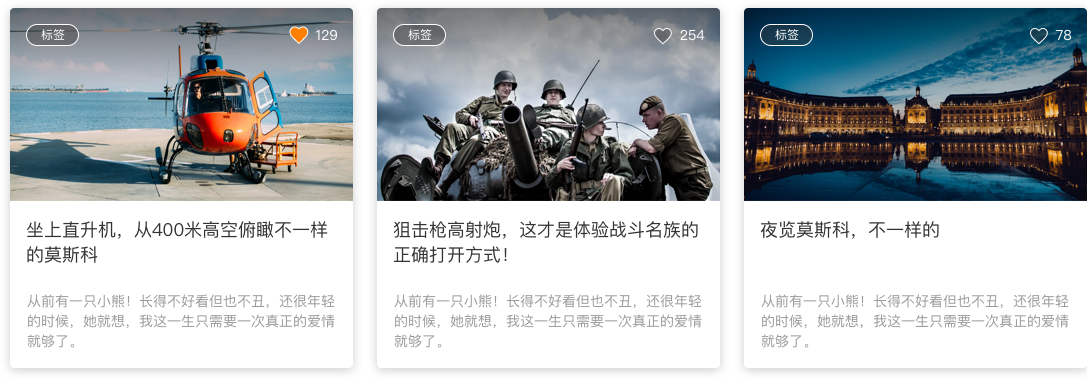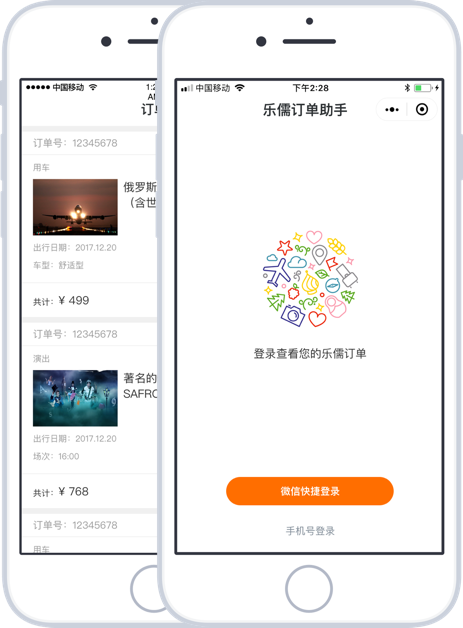LeRu is a new startup which is trying bring Chinese tourist to Russia with its unique local resources and services.I participated in the early stage of the product definition and planning, helped to set up the team and developed a full digital platform product plan.
The challenge
LeRu has some unique tourism resources and governmental relationship in the Russian market, and it wants to dominate the China-to-Russia travel business in the next couple of years. To do so, it wants to build an online platform which sells high-quality, unique Russian tourism products.
From the business point of view, it’s always charming to have a self-hosted e-commerce platform to reach customers directly. With your own platform you have ownership of all user data, the analytics, and no additional channel costs.
However on the other hand, unless you have enough cash to burn, it is extremely difficult to get organic traffic for a new platform. The challenge for us was that, how can we — from the product point of view — provide some unique values for the potential customers to get their attention?
